The Great Wall: A Visual Feast with a Side of Disappointment
“The Great Wall” presents itself as a grand Sino-Hollywood spectacle, boasting impressive visuals but ultimately falling short of its potential due to a derivative narrative and underdeveloped characters. While the film delivers exhilarating action sequences against fantastical creatures, it struggles to leave a lasting impression beyond its visual grandeur.
Set in 11th-century China, the story revolves around William (Matt Damon), a European mercenary, and his comrade’s quest for the secrets of gunpowder. Their journey leads them to the Great Wall, where they are captured and soon discover its true purpose: defense against the Tao Tei, reptilian alien monsters that emerge every sixty years to wreak havoc. These creatures pose an existential threat, capable of consuming the world if they breach the Wall. The Chinese army employs elaborate defenses, but as the monsters evolve and become more strategic, they require the assistance of individuals with exceptional combat skills. While some Europeans see an opportunity to exploit the chaos and steal gunpowder, William finds himself aligned with the Chinese warriors, fighting for a cause greater than personal gain – the survival of humanity.
Mythology and Monster Mayhem Collide
The mythology surrounding the Tao Tei forms a core element of the film’s narrative. While creatures of that name are indeed mentioned in ancient Chinese texts, the film takes significant liberties with their portrayal.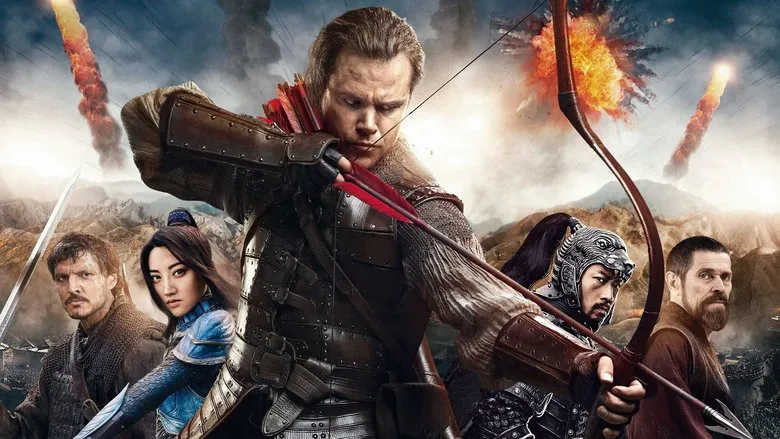
Zhang Yimou’s Hollywood Endeavor: A Change in Direction
Zhang Yimou, a celebrated Chinese director known for his visually striking and emotionally resonant epics like “Hero” and “Curse of the Golden Flower,” makes his Hollywood debut with “The Great Wall.” In his previous works, spectacle served to enhance human drama.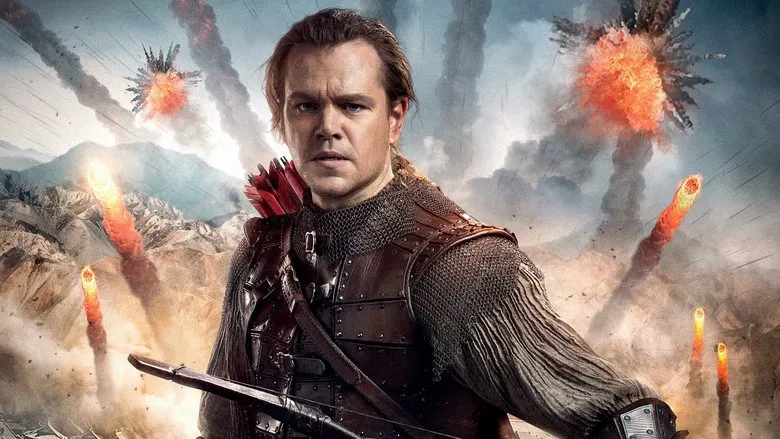
However, “The Great Wall,” a co-production with a Western script, marks a departure from this paradigm. While there are glimpses of the director’s attempt to inject psychological depth, the film ultimately plays out as a straightforward monster movie aimed at a broader, perhaps younger, audience.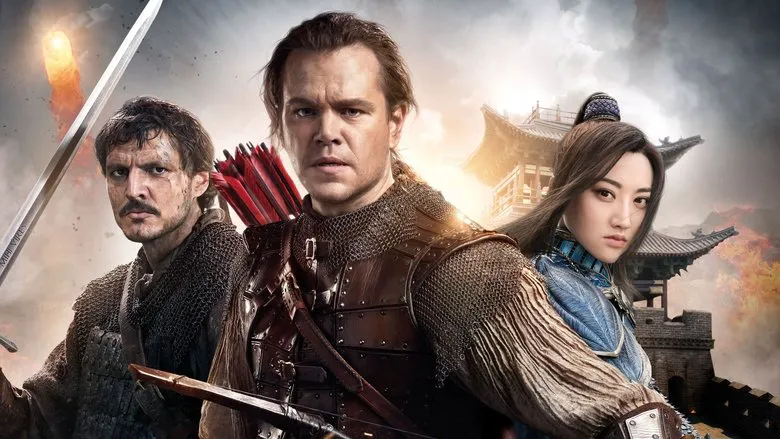
It caters to viewers seeking action-packed battles against monstrous hordes, reminiscent of the Xenomorphs from “Alien”. The characters’ focus remains predominantly on military tactics, largely absent any romantic subplots.
Character Deficiencies and Untapped Potential
The monster-slaying genre demands compelling protagonists, but William, with his archery skills being his most notable trait, falls short. A more charismatic actor could have elevated the role.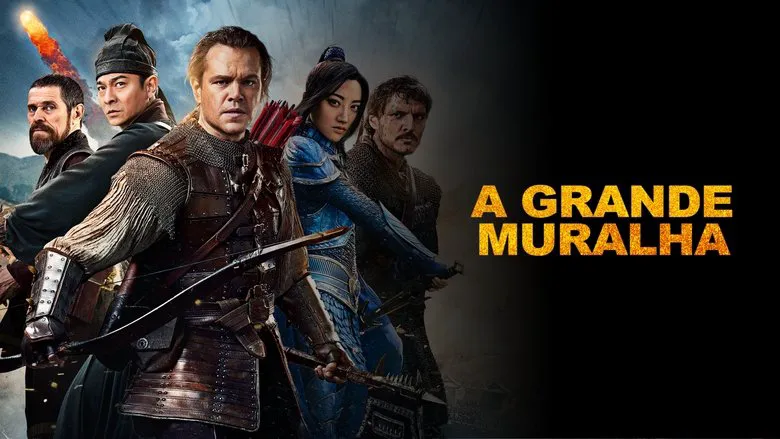
Perhaps the filmmakers were cautious about a Western hero eclipsing the Eastern characters, but in that case, General Lin, should have been less stereotypically “righteous.”
A Symphony of Visuals vs. Tactical Inconsistencies
The action sequences are a mixed bag,epic battles, featuring legions of soldiers and monsters, and innovative military devices but, the film’s military logic falters upon closer inspection.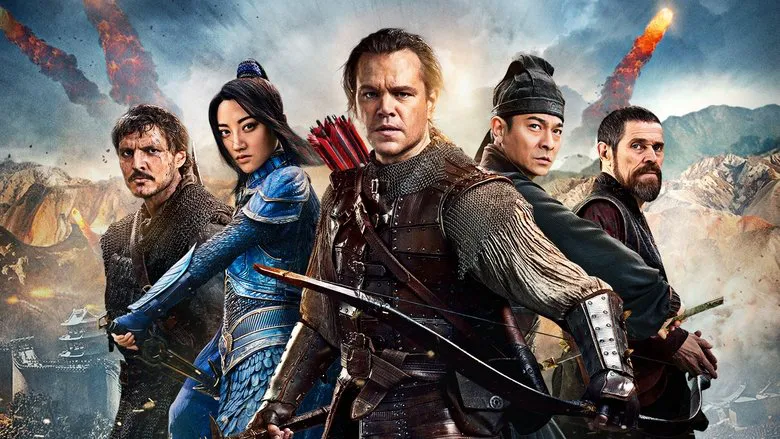
One particularly jarring question is the army’s decision to wait for the monsters to gather their strength instead of proactively attacking their nest. Additionally, the use of gunpowder as a “weapon of last resort” seems counterintuitive, as its deployment at the beginning of a battle when the enemy is at its strongest would likely inflict the most damage.
A Treat for the Young at Heart
“The Great Wall” is best suited for younger audiences or those who approach cinema with a sense of childlike wonder. Such viewers are more likely to appreciate the visual effects and cinematography while overlooking the script and acting flaws, as well as the film’s derivative elements.